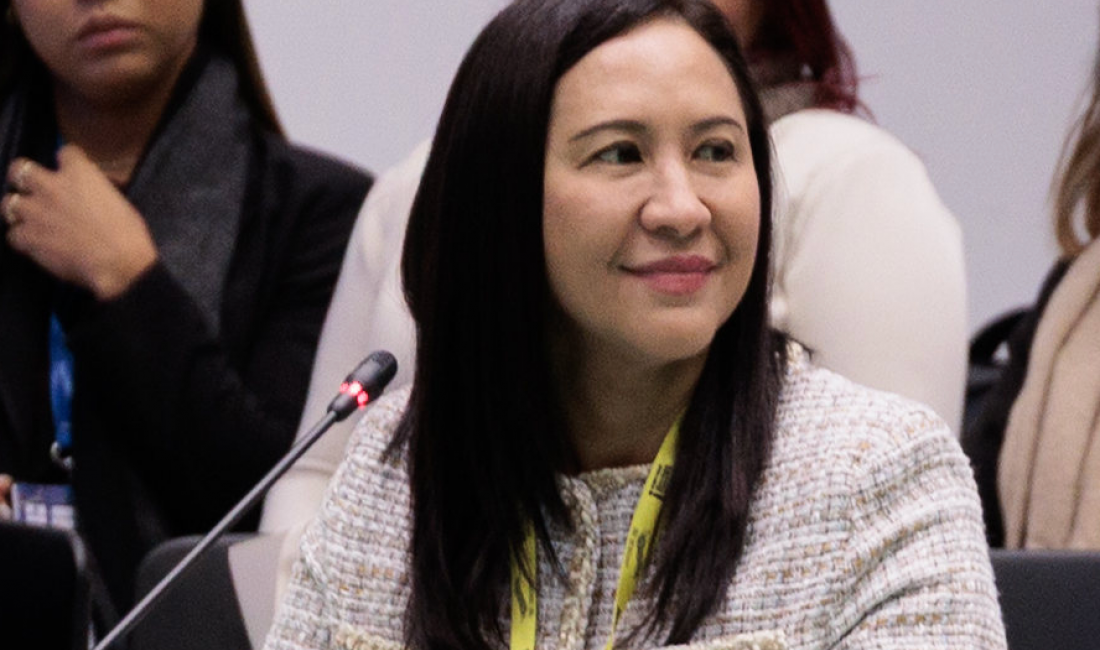'Changes Depend on the Smallest Level of Government'
This excerpt and the accompanying photo are from a short talk given by Quezon City (Philippines) Mayor Joy Belmonte at the Open Government Partnership Global Summit in Vitoria Gasteiz, in the Basque Country.
We in Quezon City believe that impactful change starts at the local level. While this often refers to the city government, in a city as large as ours with over 3.2 million people, this change truly begins in our smallest unit of government — the barangay, which is at the forefront of basic service delivery.
We have 142 barangays, ranging from a few thousand to over 200,000 citizens. Barangay leaders are elected and empowered to govern in line with the values of the Open Government Partnership (OGP). Each barangay has a Barangay Development Council with active sectoral CSOs.
Our vision is to ensure that all reforms at the city level are replicated in our barangays, fostering genuine people-centered governance. This is in line with the core vision of our 2025–2028 OGP Local Action Plan to make Quezon City a model of inclusivity and innovation by championing good governance.
To implement this, we are strengthening our local People’s Council, which includes over 1,000 accredited CSOs representing every sector, from children, women and the LGBT, to urban farmers, workers, and returning migrant workers. These CSO representatives are mandated to participate in all city planning and policy-making bodies. Our goal is to empower them not just with a seat, but with a meaningful voice, by enhancing their competencies.
Following this framework, we are advancing our most critical commitment: institutionalizing participatory budgeting. For fiscal year 2026, the People’s Council reviewed departmental plans and helped set spending priorities. This marks a significant step toward full fiscal transparency, ensuring public funds align with what our communities truly need.
In the remaining years of my term, we will make our CSO network so robust that OGP principles become a lasting standard, maintained beyond any single administration. We are also progressing with other commitments, including integrating our Centralized Data Dashboard and Feedback Mechanism into our digital platform. This will allow residents to view resource allocation, monitor service delivery, track infrastructure expenditure, and provide real-time feedback — closing the loop on accountability and enhancing public trust.
Other initiatives include establishing a pro bono legal aid network for marginalized communities and fostering an environment and shared space where volunteerism and community development can thrive.
Lastly, in building a stronger community to advance open government principles across local governments, we must seize the moment. As the Philippines faces one of the most widespread systemic corruption scandals in its history, the open government community sees opportunity amid the crisis. Our Mayors for Good Governance network, led by Baguio City Mayor Benjie Magalong, has seen a surge in interest from other local governments. Our challenge now is to act swiftly and create structured peer learning platforms for leaders to embrace these reforms.
In this context, I believe we can strengthen open government and democratic governance in our cities and beyond.



